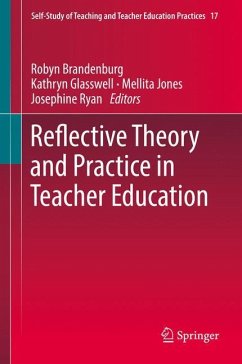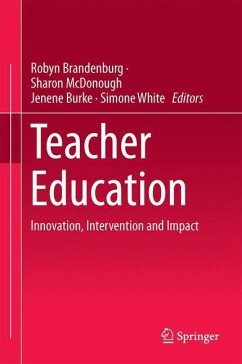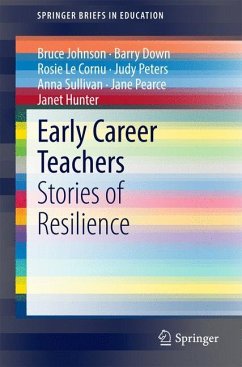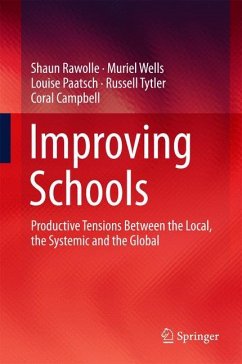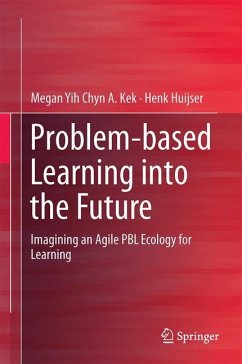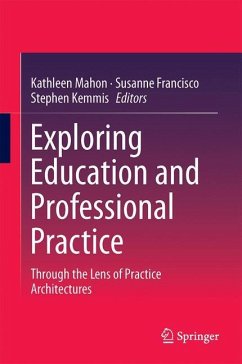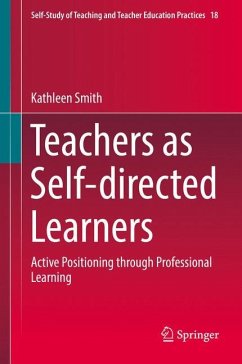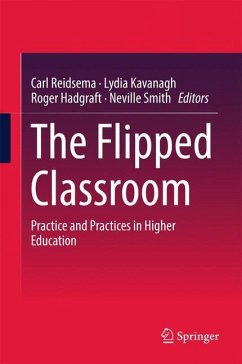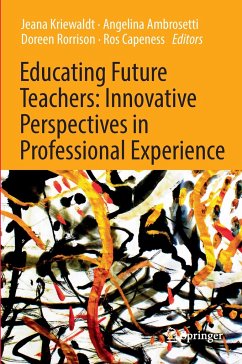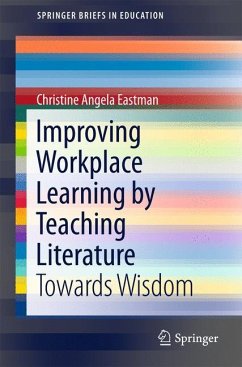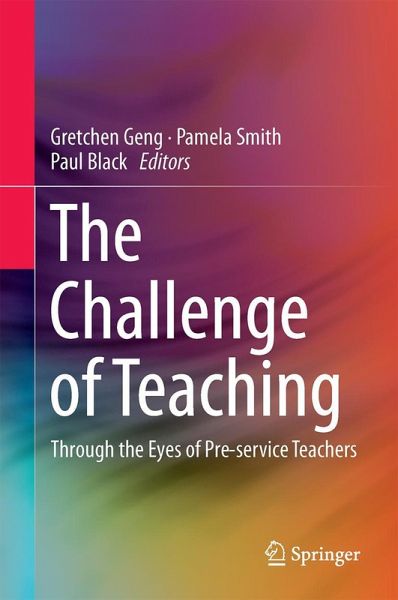
The Challenge of Teaching
Through the Eyes of Pre-service Teachers
Herausgegeben: Geng, Gretchen; Smith, Pamela; Black, Paul

PAYBACK Punkte
46 °P sammeln!
This book presents thirty-one accounts by final-year pre-service teachers, providing guidance and insights for less advanced teacher education students, and illustrating the use of life history and narrative stories as methods for pre-service teachers to explore educational issues in classroom practice. This life-history approach identifies those political, economic, and social forces that have impinged on the individual at different points in their life and contributed to the process of changing their identities. These stories are not written by established specialists in the areas they deal ...
This book presents thirty-one accounts by final-year pre-service teachers, providing guidance and insights for less advanced teacher education students, and illustrating the use of life history and narrative stories as methods for pre-service teachers to explore educational issues in classroom practice. This life-history approach identifies those political, economic, and social forces that have impinged on the individual at different points in their life and contributed to the process of changing their identities. These stories are not written by established specialists in the areas they deal with, but instead by novice teachers at the beginning of their paths towards mastering the intricacies of teaching and learning in school settings. As such the book provides a mentoring framework and a means of helping pre-service teachers share their valuable experiences and insights into aspects such as how to manage practicum requirements. It helps establish a supportive relationship among pre-service teachers, providing them with access to valuable peer experiences. In addition it helps pre-service teachers make sense of their own practicum experiences and reflect on their own beliefs and professional judgement to develop their approaches and solve problems in their own classroom practice.



